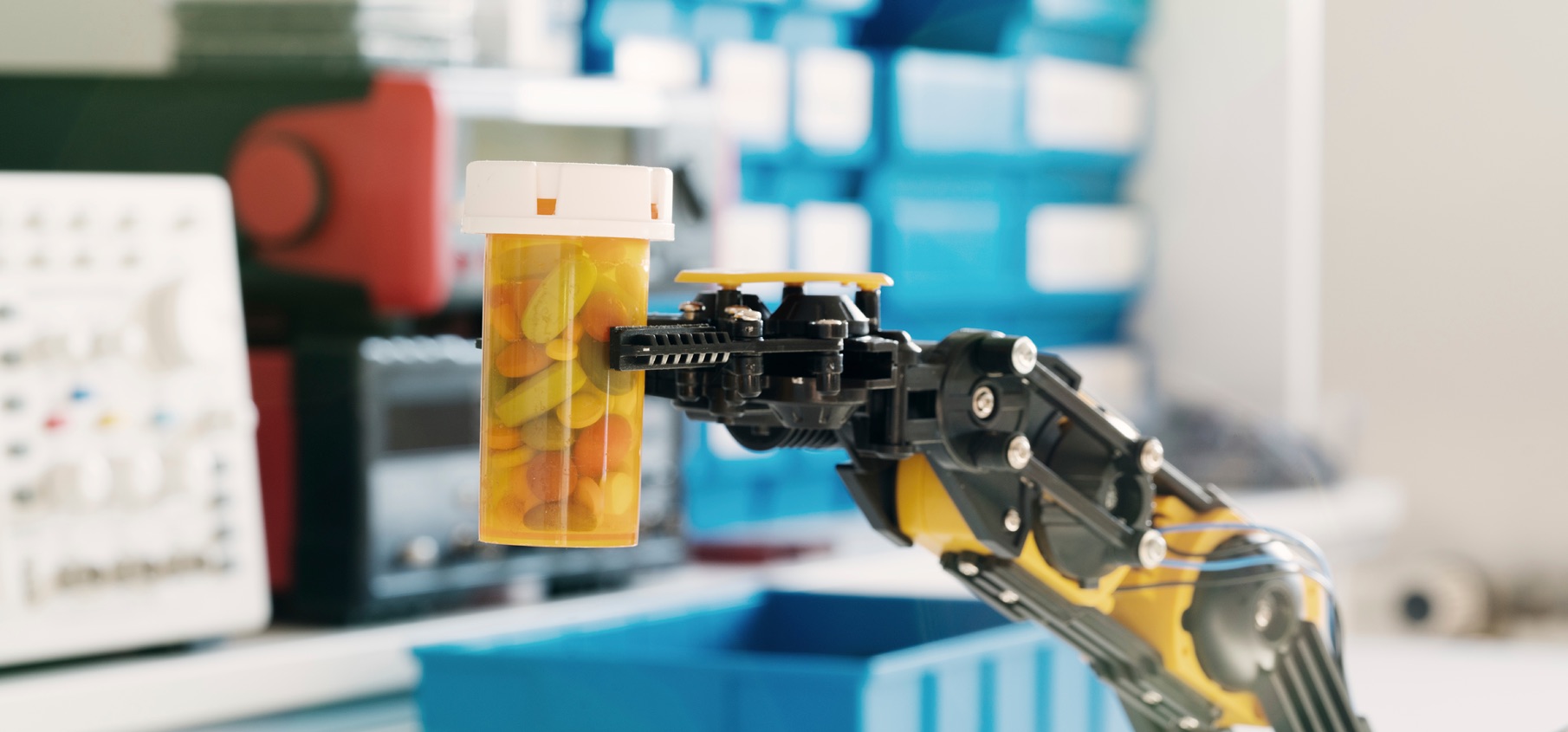Blockchain promises to be the most viable option for allowing AI systems to get the data they need while protecting the privacy of individuals whose activities generate that data.
By Craig S. Smith, guest contributor to CPP Investments
Artificial intelligence is leading a technological revolution. But it is facing a big data barricade.
While companies and organizations pour money into data-hungry technology, progress has stalled over privacy concerns, slowing smart-city projects and healthcare implementations, among other things across North America. In Europe, the General Data Protection Regulation has blocked development. That has serious implications for investors.
One solution may come from blockchain, another hot technology trend that investors are watching. Some of the tech world’s smartest money is backing projects that bring the two technologies together.
A marriage of AI and blockchain technologies can give owners control over their data while allowing voracious AI engines to use that data anonymously.
“In the past, it has either been privacy or AI innovation,” said Yves-Alexandre de Montjoye, head of Imperial College London’s Computational Privacy Group. “Now, you do not need to trade one for the other.”
While researchers have long assured the public that data is anonymized before being fed through algorithms, anonymized datasets can, in fact, sometimes be de-anonymized. A 2015 study showed that just a few data points (the date and place of a credit card purchase) were enough to identify 90 per cent of individuals among a million credit card users.
More recent research demonstrates that the deep neural networks at the heart of many AI systems store data in memory and can cough up social security numbers, credit card numbers, and other sensitive information long after the original inputs have been removed.
“Simple anonymization doesn’t work,” says Dawn Song, a professor of computer science at University of California, Berkeley, and founder of Oasis Labs.
That revelation has set off a scramble for solutions. Blockchain is both the latest and the most promising.
Guy Zyskind’s San Francisco-based Enigma.co and Song’s Oasis Labs are using smart contracts on a blockchain as the secure gateway through which AI systems can access data, ensuring data owners’ anonymity.
(A smart contract is a unit of code that is executed by all the nodes in a blockchain network. Once verified on the blockchain, it cannot be altered. But data on blockchains are accessible to anyone with a node. These new solutions keep the data hidden from the nodes that execute the code).
“We provide frameworks for privacy-preserving machine learning inside smart contracts,” said Song. Oasis Labs just released the latest version of their platform, Oasis Devnet, which provides tools for developers to build, test, and deploy smart contracts that protect data privacy while using that data.
Investors have taken note. Enigma.co has raised US$45 million for its privacy protection project in two funding rounds. In July, Oasis Labs also raised US$45 million in a private token pre-sale to an A-list of tech investors, led by Andreessen Horowitz’s new A16z crypto fund.
“We believe our efforts will unlock huge opportunities in machine learning and many other fields,” said Zyskind, who was the first to describe how blockchain and privacy technologies could be combined to create new ways to protect data. “We have found a way to make blockchains truly useful.”
While it’s still early days for the hopeful marriage of AI and blockchain, these are exactly the kinds of trends that CPP Investments is eyeing closely. “As a long-term investor, we are in a great position to capitalize on big emergent themes, because we have a similar investment horizon,” said Mark Machin, CPP Investments President and CEO. “Our job is to understand not just the exciting aspects of new technologies, but also the implications of them; and not just today, but decades into the future.”







